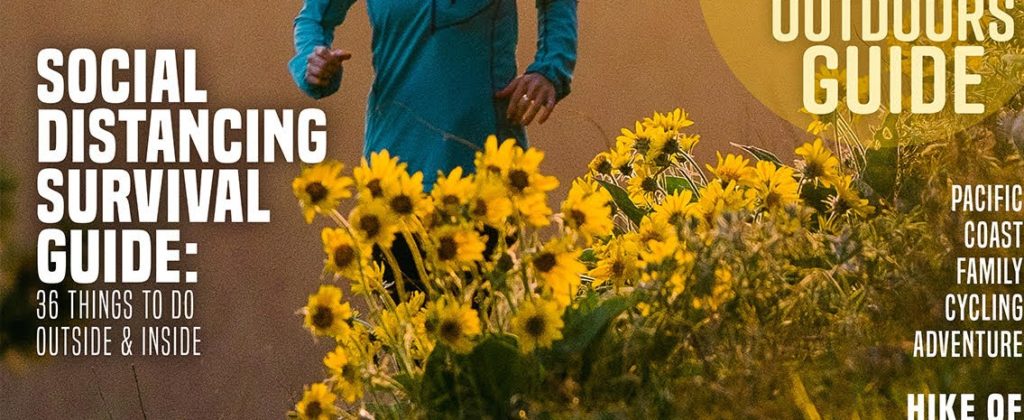I was heading to a friend’s house to go for a run—one of the few socially sanctioned outings we can still cling to without guilt. “Okay,” she said, “but I’ll meet you on the porch. We’re not letting anyone inside anymore.” I am not anyone, I thought. Because I like to believe that I am always the exception to the rule. My feelings were hurt. Was I not in the Circle of Trust? We were like best friends! I regularly expose my rear end to this human as I squat behind a tree. As far as I’m concerned, it doesn’t get more intimate than that. Now I was being excluded. I could be a cootie carrier. The rejection and shame were palpable.
The reality of epidemiology is that the rules of “innocent until proven guilty” are simply not applicable. By then, it’s too late. The fact that one owns and operates a human body means they could be carrying, unbeknownst and against best intentions, an infectious disease that we as a globe are combating. We can all be accidental lethal weapons these days, and wouldn’t we just feel awful if we were the demise of Nana?

I catch myself saying selfish things like, “We’re not an at-risk family,” when I try to calm the hysteria. But this is an embarrassment and makes me part of the problem. It’s not an Ammidemic. It’s a pandemic.
Being socially responsible does not make us socialists. Conversely, behaving as if we as individuals are exceptions to the rules, or as though our liberties are being infringed upon, makes us narcissists. As far as I can tell, that doesn’t get us an ICU bed any faster than anyone else.
On my way home, another friend called me, choking back tears. “I am not invited to my niece’s birthday party. I thought I was family.”
The emotional and mental impacts of this experience are unforeseen. We cannot confuse social distancing with rejection. When our families, our dearest friends, our colleagues—seemingly healthy or otherwise—set boundaries around their homes and activities, it’s not because we’re naive petri dishes. It’s not because we are personally seen as a threat or because we didn’t make the cut.
These are measures of love and accountability, doled out in six-foot increments.

I hear my friends conditioning their carefully explained protocols with apologies. It’s because my mom’s health is fragile, or, we have a young baby. No personal explanation is necessary. Those of us who can social distance are doing it because it’s how each of us can contribute to the solution rather than exacerbate the problem.
If we are feeling excluded, or as though we’ve been marked with a scarlet letter, let’s reframe our thoughts and support each other in these efforts. They are ultimately born, not of fear, but of the best intentions to keep each other safe. When this all passes, we’ll be invited to Pictionary Night again.
In the meantime, let’s thank each other for setting boundaries, encourage them with understanding, and pick up the phone to remind our friends and family that they are dear to us, even from six feet away.














